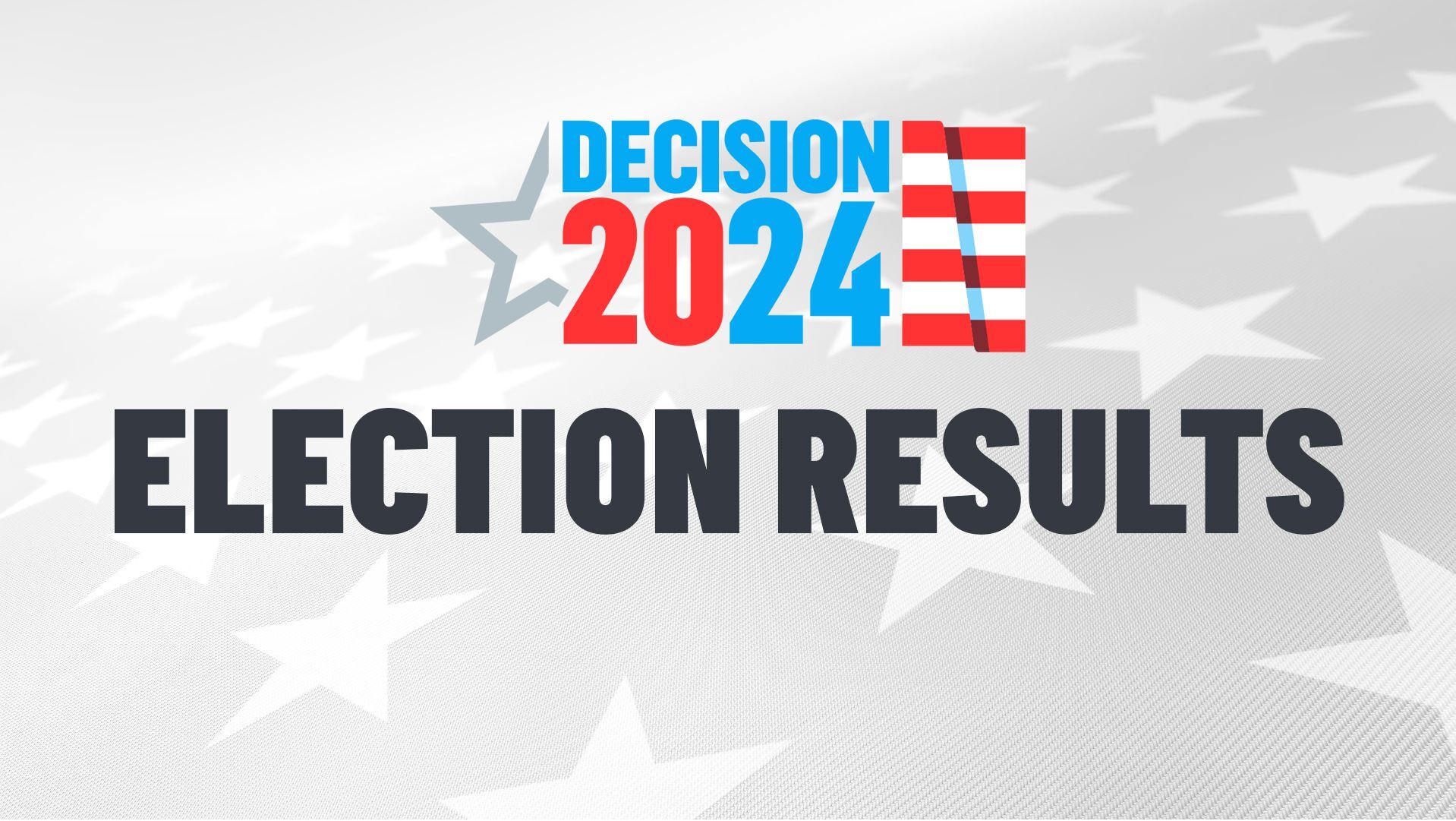San Diego Comic-Con International – the pop culture convention that shines the spotlight on America’s Finest City each July – will stay put – at least for the next few years, city leaders confirmed Friday.
San Diego Mayor Kevin Faulconer announced Comic-Con would continue to operate out of downtown’s San Diego Convention Center through 2021.
“As people around the world know, Comic-Con goes with San Diego, like Spock goes with Kirk,” Faulconer said at a news conference, referencing the famous "Star Trek" duo. “And every four days in July, San Diego becomes the center of the pop culture world for fans, celebrities, and studios.”
“Every year, thousands of fans turn the convention center and downtown San Diego into a playground full of superheroes, aliens, princesses and zombies, and over the last 48 years, Comic-Con has become an event that people of all ages look forward to, right here in San Diego,” he added. “Today, I’m proud to announce that this tradition is going to last even longer: Comic-Con is staying in San Diego through 2021.”
[[387815051,C]]
The fate of the pop culture event – and whether it’ll move out of San Diego – has been murky for years. In 2015, Comic-Con organizers agreed to stay in San Diego through 2018.
Local
The event’s residency goes hand-in-hand with Faulconer’s ongoing efforts to put a measure on the ballot asking citizens to vote to raise hotel room taxes to fund a $685 million expansion of the San Diego Convention Center.
On June 12, the San Diego City Council voted against holding a special election in November that would’ve placed the hotel tax measure on the ballot. Faulconer said the tax hike would also be used to fund street upgrades and programs to help the local homeless population.
While Comic-Con’s future in San Diego is safe for at least a bit longer, Faulconer used Friday’s announcement to stress his stance: the proposed expansion of the convention center is critical to keeping the event in San Diego for good.
The mayor said Comic-Con has an economic impact of $135 million in San Diego each year, money that funds things like street repairs, libraries and real-life superheroes in local police and fire departments.
“Despite the recent delay, expanding the convention center is too important for us to curb our efforts,” Faulconer said. “I’m continuing to do what we must do, together, to get this expansion across the finish line. Let’s not waste time in getting this convention center moving, to make sure that we have the opportunity for San Diegans to weigh in.”
Comic-Con founder David Glanzer spoke at Friday’s news conference, too, saying he’s happy with negotiations to keep the event “home” for at least a few more years. He said those negotiations were long and, at times, difficult.
Glanzer said limited space at the San Diego Convention Center and hotel room rates continue to be main factors that could someday force Comic-Con out of downtown San Diego.
The Comic-Con board has had to cap its attendance for years due to the lack of space. Hoteliers have had to work to keep room rates reasonable so attendees can afford to come back to the event year after year.
“We love San Diego,” said Glanzer. “We’ve made it very, very clear that we would love to stay here.”
But, he said, organizers have operated shows across other California cities – Oakland, San Francisco, San Jose, Los Angeles and Anaheim – with success.
“If the worst thing were to happen, and that is we had to leave, we all could still live in San Diego, and the convention could be in another city. That’s not what we want, and that certainly isn’t ideal, and I’m glad that today, we’re calling San Diego ‘home’ for another three years.”
[[387817331,C]]
Joe Terzi, president and CEO of the San Diego Tourism Authority, called Comic-Con San Diego’s “longest and most important convention.” In 2019, the event will celebrate its 50th anniversary.
“The huge economic impact that they have for our community is awesome,” Terzi said. “When you think about it – over 60,000 hotel rooms consumed over four nights – and the huge economic impact; this is our Super Bowl; this is what puts San Diego on the map.”
Rip Rippetoe, president and CEO of the San Diego Convention Center, said Comic-Con – which has been held at the center since 1991 – is the facility’s premiere event. He also touted the economic impact of the annual affair and said he’s grateful to Glanzer for his business.
Backers of the convention center expansion plan say more than 400 conventions are turned away every year due to a lack of space at the facility, leaving millions of dollars on the table.
The project requires that two-thirds of voters agree to hike the hotel tax. Voters have rejected three times since 2004, but those prior proposals did not include funding for an expansion of the convention center or to aid the homeless.
Another hurdle for the project is Fifth Avenue Landing, a yacht dockage company that controls some land along San Diego Bay. The company wants to build a hotel on the same land where city leaders would like to expand the convention center.
Comic-Con returns to the San Diego Convention Center next month, from July 20 through July 23; preview night is on July 19.
Comic-Con was born in 1970 in the basement of the U.S. Grant Hotel in the heart of San Diego, California. Over the decades, the “little event that could” has grown into a behemoth, taking over the Convention Center, neighboring hotels and downtown San Diego for a long summer weekend every year.
Comic-Con’s fervent fans typically attend the convention in elaborate costumes, transforming the city into a metropolis straight out of the pages of fantasy and science fiction. The event has also become famous for celebrity sightings.
NBC 7 will bring you coverage from the event in this special online section.



